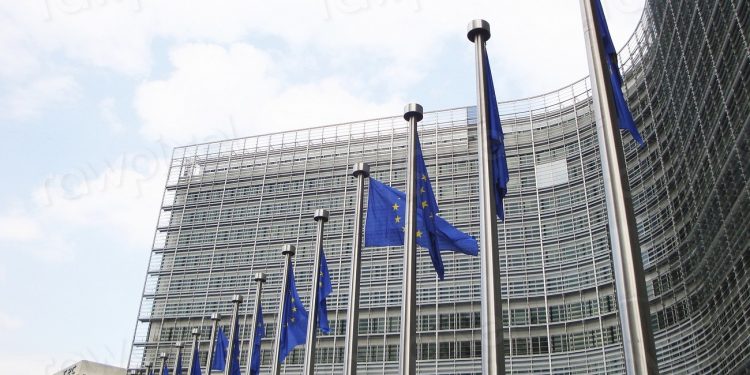Josep Borrell, the European Union’s foreign policy chief, has stressed the importance of a two-state solution as the key to achieving lasting peace in the Israeli-Palestinian conflict. This statement came ahead of his scheduled talks with Israeli and Palestinian top diplomats.
Borrell reiterated the United Nations’ condemnation of Israeli Prime Minister Benjamin Netanyahu’s dismissal of a Palestinian state following the recent war in Gaza. He insisted that military means alone cannot build peace and stability in the region. Borrell questioned the absence of alternative solutions from Israel, hinting at the necessity of addressing the Palestinian issue more comprehensively.
The recent Hamas attack on Israel on October 7 and Israel’s heavy military retaliation have escalated tensions in the Middle East, raising concerns about a broader conflict. Despite the increase in violence, EU officials believe that now is the time to discuss a long-term resolution to the conflict.
The discussions will involve separate meetings with Israel’s Foreign Minister Israel Katz and the Palestinian Authority’s top diplomat Riyad al-Maliki. Additional talks are planned with the foreign ministers of Egypt, Jordan, and Saudi Arabia. Notably, Katz and Maliki are not expected to meet directly.
Jordan’s Foreign Minister Ayman Safadi criticized the Israeli government’s stance, labeling it a “radical racist agenda” and calling for global action towards a two-state solution. Borrell presented the EU ministers with a comprehensive approach to seek lasting peace, including the proposition of an international conference.
Borrell’s recent statements, accusing Israel of creating and financing Hamas to undermine a Palestinian state, may attract controversy. He insists that an enduring peace in the region can only be achieved through an externally imposed two-state solution.
The EU’s unified stance on the Gaza conflict has been challenging, with differing views among member states on issues like an immediate ceasefire. Ireland’s Foreign Minister Micheal Martin expressed grave concern over the situation in Gaza.
EU officials have outlined broad conditions for a post-conflict scenario in Gaza. These include no long-term Israeli occupation, an end to Hamas rule, and a role for the Palestinian Authority in governing the territory.
The conflict, triggered by a surprise attack by Hamas on October 7, led to significant casualties. According to official figures, around 1,140 people died in Israel, mostly civilians. The Israeli response to annihilate Hamas has been intense, with the health ministry in Hamas-run Gaza reporting over 25,000 deaths, predominantly women and children.



























